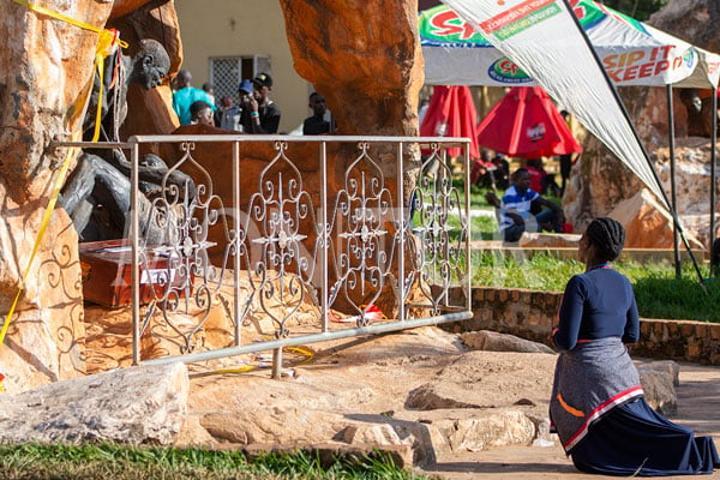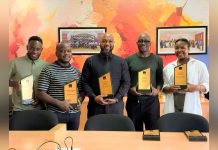Africa-Press – Uganda. Every year, hundreds of thousands of Ugandans throng Namugongo in Kampala to commemorate the killing of 45 Christians in 1885 because of their faith.
The 22 Catholic converts and 23 Anglicans were killed on the orders of Kabaka Mwanga, the then ruler of Buganda Kingdom. It is important to note that earlier, a number of Muslims had also been killed for various reasons.
But as the faithful from all over the world descend on Namugongo today – some 138 years later – it is easy to think that the martyrs will be looking down at their motherland with a lot of pity.
Uganda is a highly religious country, with majority of the people belonging to a religious sect. According to the 2014 census that put the population at 35 million people, 82 percent of the population is Christian. The largest Christian group is Roman Catholic at 39 percent; 32 percent of the population is Anglican, and 11 percent is Pentecostal Christian. The census reports Muslims constitute 14 percent of the population.
However, the plethora of problems that plague the East African nation would make one think Ugandans have no values; have nothing holding them together and, most importantly, have no shared destiny.
One of the biggest problems that face the country is the endemic corruption. Uganda has for years been rated among the most corrupt countries in the world, a rating very few locals will dispute. Corruption has eaten into most of the institutions in the country, including those that are supposed to fight and preach against it.
Of late, gun violence has also been on the rise. Last month, at least eight people died in separate shootings in 14 days, an average of one fatal gunshot victim every 48 hours. Among those shot dead included State Labour Minister Col (rtd) Charles Engola who was shot by his bodyguard. And since then, stories of shootings have been reported many times every week.
Also, more than 50 pilgrims from Isingiro District this year got stranded at the River Katonga Bridge that had been washed away by flood water. Part of the reason that was given is the increase in water volume because of the encroachment on the Katonga catchment area. Encroachment on wetlands and forest reserves is a big threat Uganda is facing.
Finally, Uganda is a nation that is heavily divided. It can be seen from how security operatives handle people perceived to be from certain political affiliations, or from how Ugandans celebrate when someone from another political party dies.
As we celebrate the Uganda Martyrs today, we need to reflect on what they stood for and the values they espoused so that we can forge a way forward as a country.
For More News And Analysis About Uganda Follow Africa-Press






